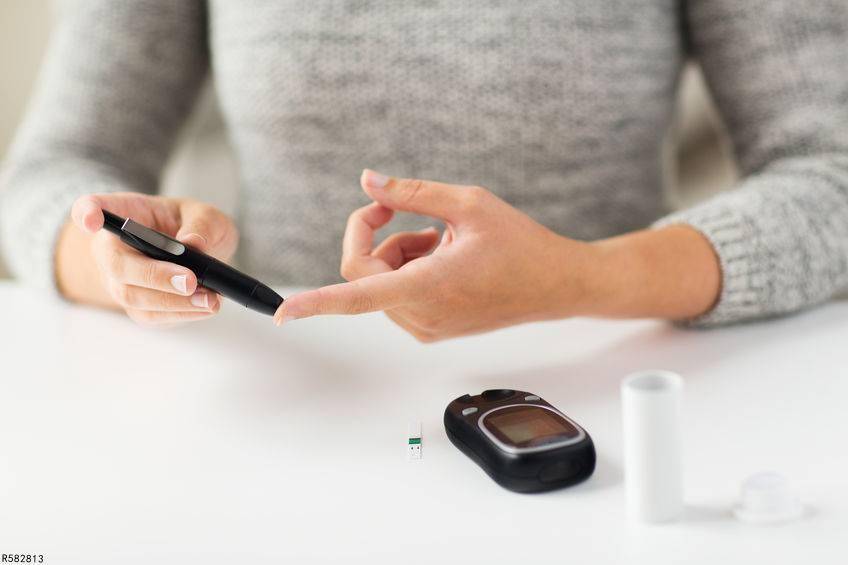Diabetes is a metabolic disease characterized by chronic high blood sugar, commonly seen in obese individuals, those with a long-term high-sugar and high-fat diet, and individuals with a family history of diabetes. It greatly impairs the immune function of the body, leading to various chronic complications and kidney diseases, and may even trigger cardiovascular diseases such as coronary heart disease.
For individuals with diabetes, in order to control the condition and prevent deterioration, they must manage their blood sugar levels and ensure stability, thus paying extra attention to their diet.
Recently, some diabetes patients have reported a spike in blood sugar levels after consuming noodles, causing concern. Could it be that even common staple foods like noodles are off-limits for diabetes patients?
Diabetes patients can consume noodles, by adhering to the following four key points, they can safely eat them:
1. Be mindful of noodle selection: Noodles contain various ingredients, with many whole grains such as buckwheat and oats being excellent staple choices that are more beneficial to health compared to refined grains. When purchasing noodles, it is recommended for diabetes patients to opt for high-gluten noodles or vegetable-containing noodles, such as corn noodles, whole grain noodles, which are suitable for maintaining blood sugar levels without causing spikes. Noodles with excessive sauce or salt content should be avoided, as they may add extra fat and hinder blood sugar control.
2. Do not overcook noodles: Noodles can be prepared in various ways – boiled, stir-fried, or cold-tossed. Due to their fiber and carbohydrate content, diabetes patients need to pay attention to cooking methods, using less oil and salt, and not overcooking, as it minimizes the impact on blood sugar. Cooking the noodles until half-cooked, removing them, cooling in cold water, and then resuming cooking can prevent overcooking. It’s best to avoid noodle soups, as the noodles may become overly soft when soaked in broth, leading to rapid sugar absorption and a dangerous rise in blood sugar levels.
3. Control the portion size: Diabetes is a genetic metabolic disorder caused by abnormal insulin secretion, resulting in unstable blood sugar levels. Therefore, diabetes patients should ideally consume noodles when their blood sugar levels are stable. Additionally, they should control the portion size and consider adding vegetables or mushrooms while consuming noodles, such as various greens, to enhance the taste, increase nutrition, naturally reduce noodle intake, and benefit from the high dietary fiber in vegetables, which helps slow the rise in blood sugar after eating noodles.
4. Drink water before eating noodles: Diabetes patients can drink water before consuming noodles to increase satiety and naturally reduce food intake, thereby reducing starch intake and lowering the risk of blood sugar spikes. Furthermore, drinking water approximately half an hour after eating noodles, preferably warm water, enhances digestion, increases stomach capacity, and promotes overall health.
In conclusion, diabetes patients who wish to indulge in noodles should follow the above guidelines to satisfy their cravings while ensuring stable blood sugar levels. Moreover, besides noodles, it’s advisable to limit the consumption of other staple foods like steamed buns and rice, chew food slowly, and opt for smaller meals throughout the day, as this promotes stable blood sugar levels.


